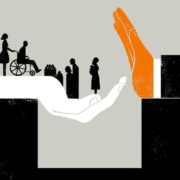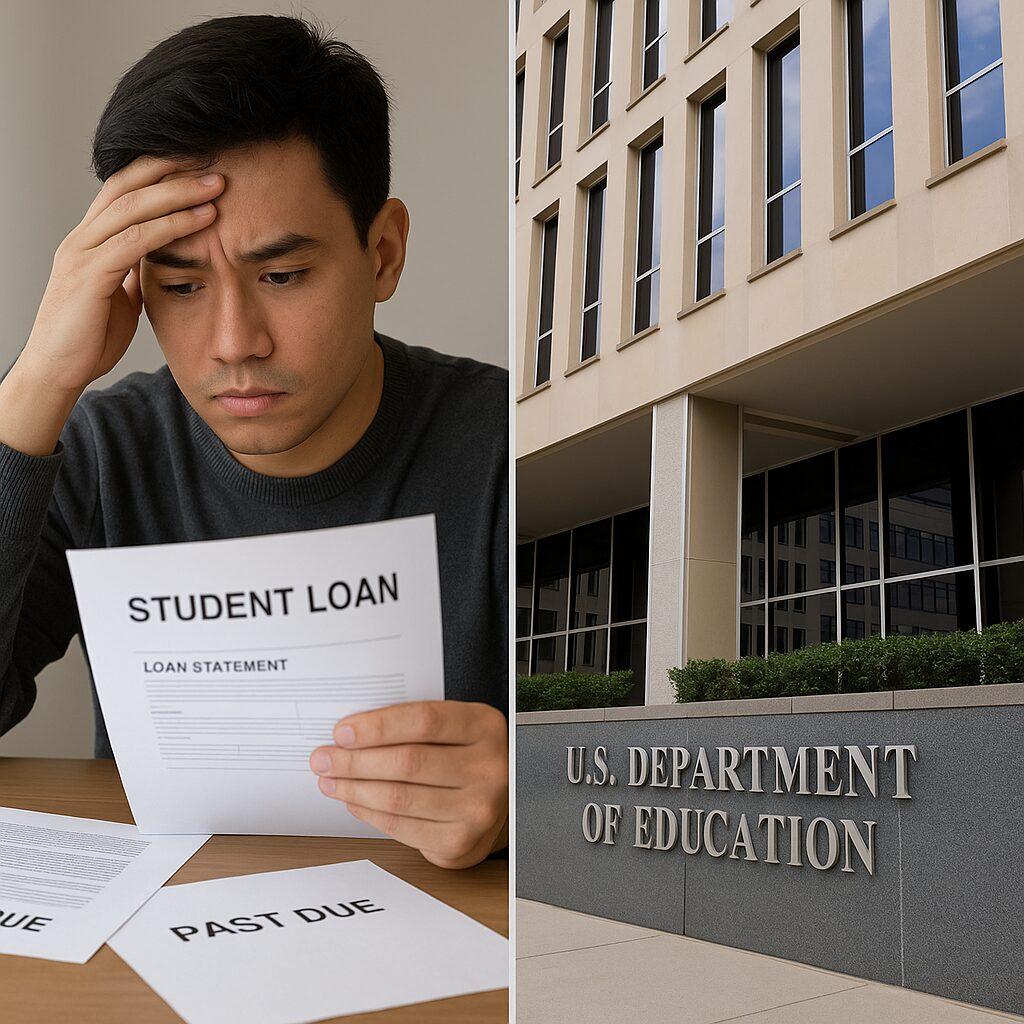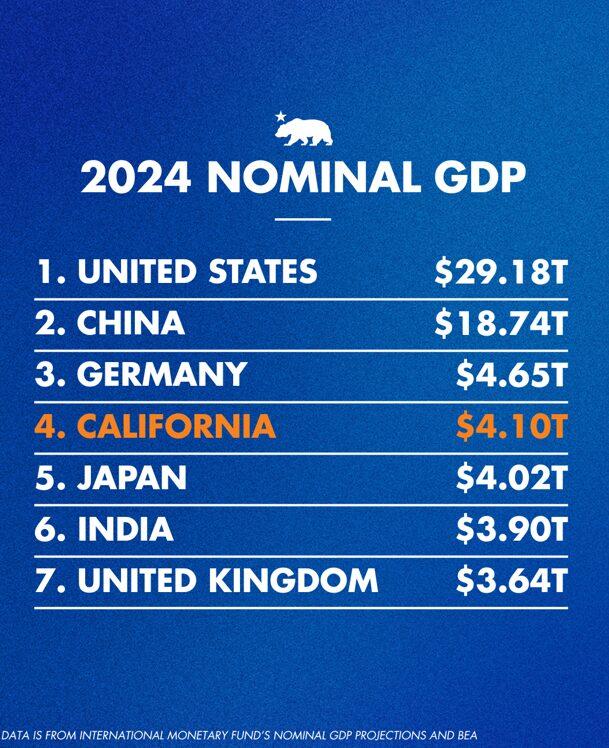Federal judges in three states have blocked the Trump administration’s controversial “public charge” rule, days before it was scheduled to take effect on Tuesday, October 15.
The rule expands the definition of who may become primarily dependent on the government through public cash assistance or long-term institutionalized care funded by the government, or essentially who may be considered a “public charge.”
Originally published by the Department of Homeland Security in August, the public charge rule gives U.S. immigration officials discretion in deciding whether an immigrant should be granted a green card or entrance into the U.S. depending on whether they’d be self-sufficient.
Among the 20 factors the officials would use include looking at whether applicants use certain public benefit programs like food stamps, housing vouchers, cash assistance, and most forms of Medicaid.
But on Friday, October 12, Judge George B. Daniels of the Southern District of New York issued a preliminary injunction against the Trump administration’s rule, temporarily barring it from going into effect.
“The Rule is simply a new agency policy of exclusion in search of a justification,” wrote Daniels while granting the request.
“It is repugnant to the American Dream of the opportunity for prosperity and success through hard work and upward mobility,” he added. “Immigrants have always come to this country seeking a better life for themselves and their prosperity. With or without help, most succeed.”
Critics of the new public charge rule have said that its implementation would punish immigrant families and would result in many families being forced to choose between maintaining immigration status or meeting basic needs like food.
Heng Lam Foong, senior policy manager with the Health Access Project at Advancing Justice – Los Angeles, told the Asian Journal last October when the rule was first proposed, that about 3.8 million Asian American and Pacific Islander immigrants relied on some form of public benefit to make ends meet.
A study by the Urban Institute published in May found that 1 in 7 adults in immigrant families reported avoiding public benefit programs in 2018 out of fear that they’d possibly endanger their future green card status.
Also blocking the rule on Friday, U.S. District Judge Phyllis Hamilton in the Northern District of California emphasized the repercussions of the rule, particularly when it came to public health.
The Department of Homeland Security (DHS), Hamilton wrote, “made no attempt, whatsoever, to investigate the type of magnitude of harm that would flow from the reality which it admittedly recognized would result — fewer people would be vaccinated.”
She said Trump administration officials further violated the Administrative Procedure Act in that they “acted arbitrarily and capriciously during the legally-required process to implement the changes they propose.”
U.S. District Judge Rosanna Malouf Peterson in the Eastern District of Washington, also issued a nationwide injunction and ruled that the DHS had “not cited any statute, legislative history, or other resource that supports the interpretation that Congress has delegated to DHS the authority to expand the definition of who is inadmissible as a public charge or to define what benefits undermine, rather than promote, the stated goal of achieving self-sufficiency.”
The three federal rulings were among nine legal challenges to the public charge rule.
In a statement on Friday, the White House said the rulings prevented the nation’s immigration officers “from ensuring that immigrants seeking entry to the United States will be self-sufficient and instead allow non-citizens to continue taking advantage of our generous but limited public resources reserved for vulnerable Americans.”
“These injunctions are the latest inexplicable example of the Administration being ordered to comply with the flawed or lawless guidance of a previous administration instead of the actual laws passed by Congress,” read the statement.
Ken Cuccinelli, the acting director of U.S. Citizenship and Immigration Services, also released a statement on Friday defending the public charge rule.
“Longstanding federal law requires aliens to rely on their own capabilities and the resources of their families, sponsors, and private organizations in their communities to succeed,” said Cuccinelli.
“The public charge regulation defines this long-standing law to ensure those seeking to come or stay in the United States can support themselves financially and will not rely on public benefits,” he added. “Through faithful execution of the law, we will ensure immigrants are able to successfully support themselves as they seek opportunity here. An objective judiciary will see that this rule lies squarely within long-held existing law.”
Despite the temporary blocking of the public charge rule, the federal court moves came a week after Trump signed a proclamation barring legal immigrants unable to prove that they will have health care coverage or means of paying for it within 30 days of their arrival.
Starting November 3, immigrants will be allowed entrance to the U.S. only if they can show that they are already covered by health insurance, or have the ability to pay for “reasonably foreseeable medical costs.” (Rae Ann Varona/AJPress)






